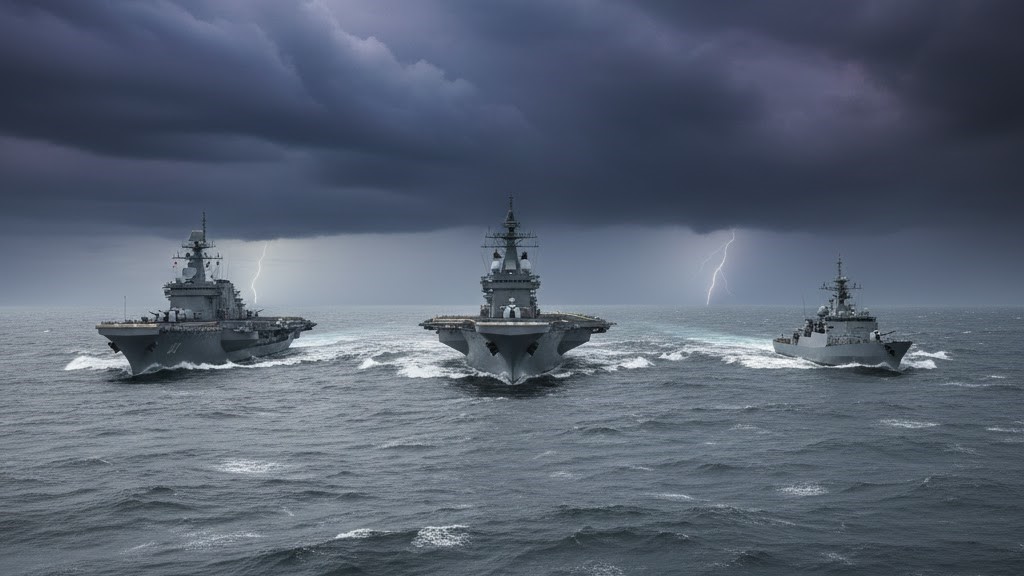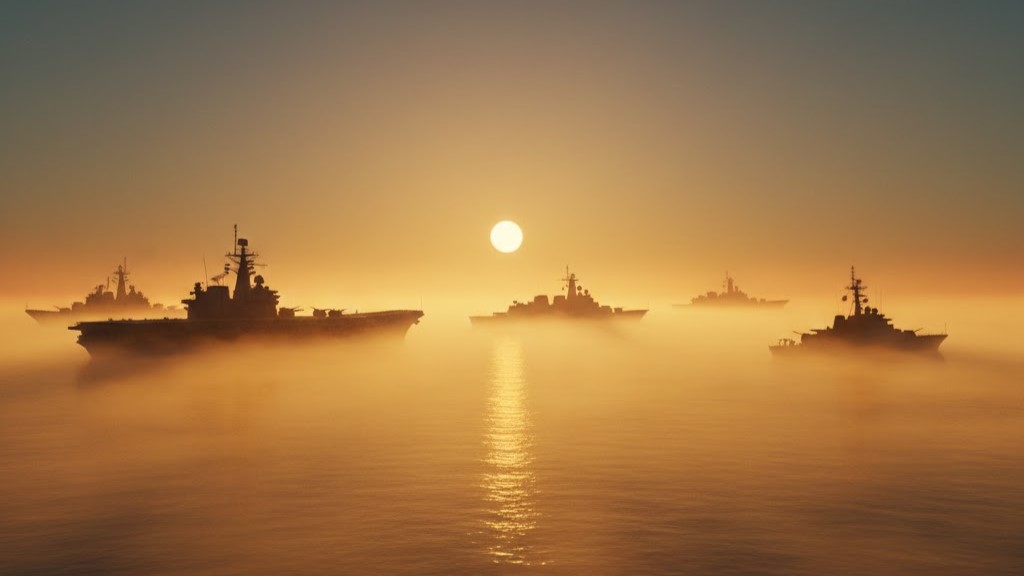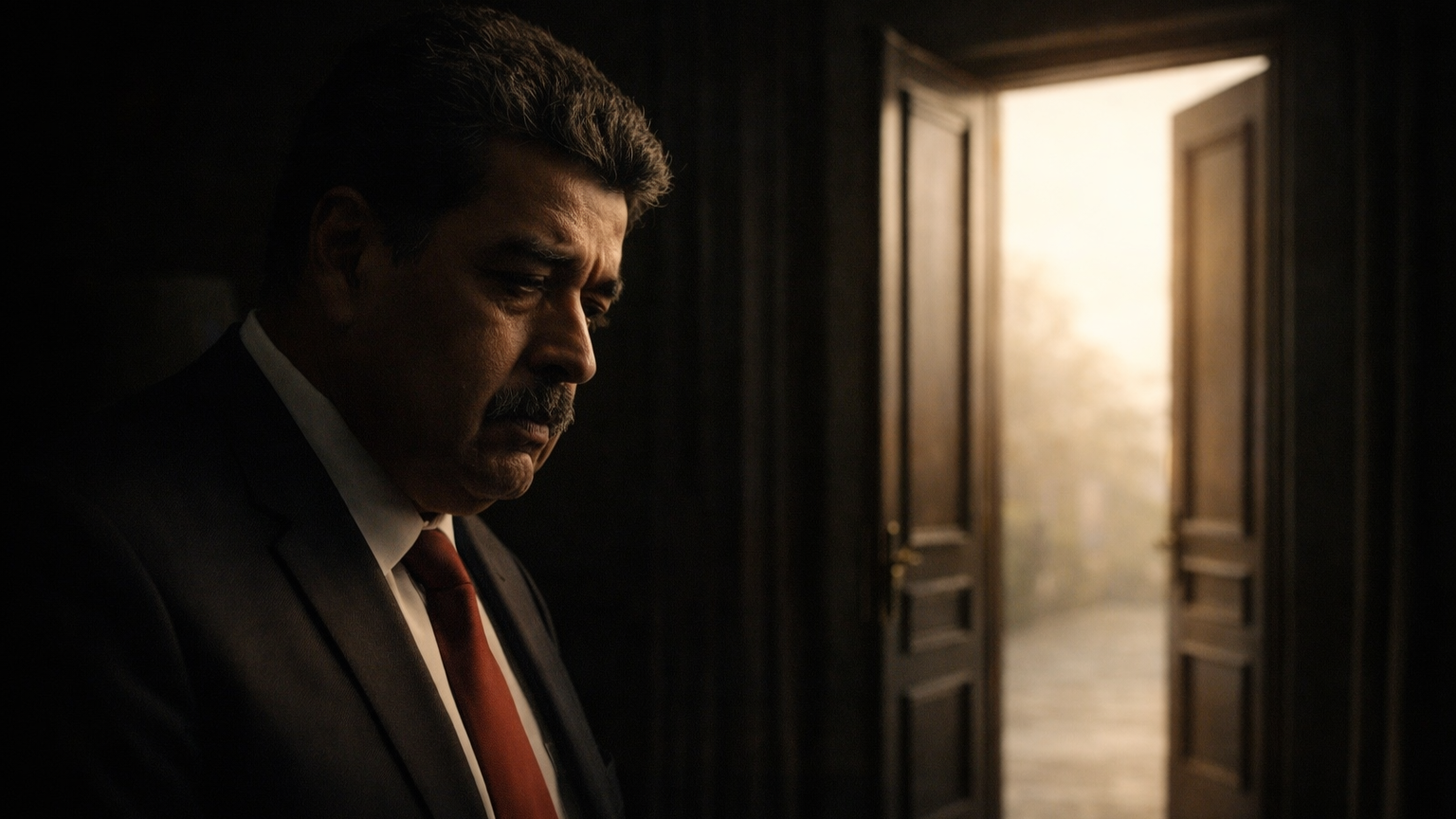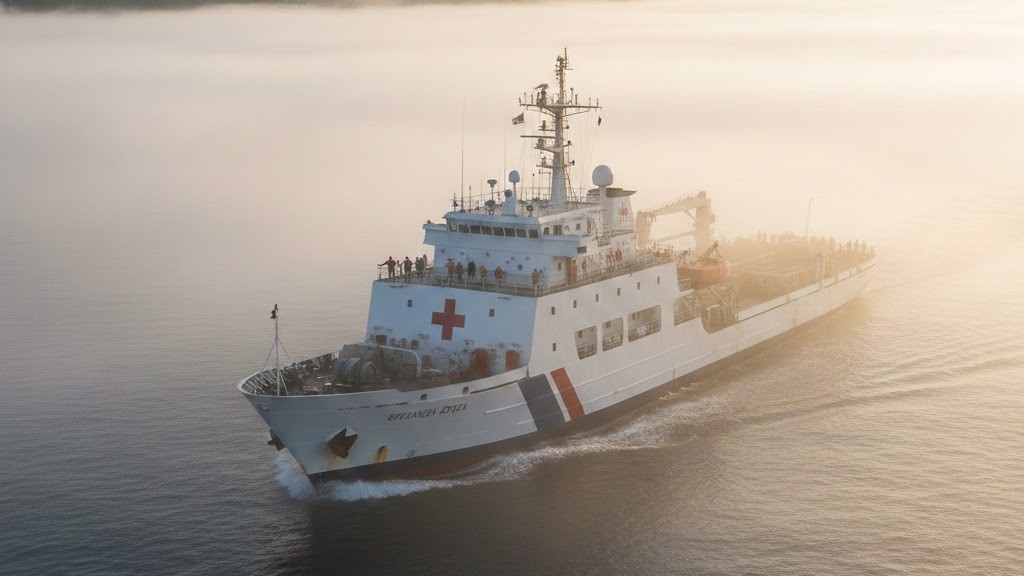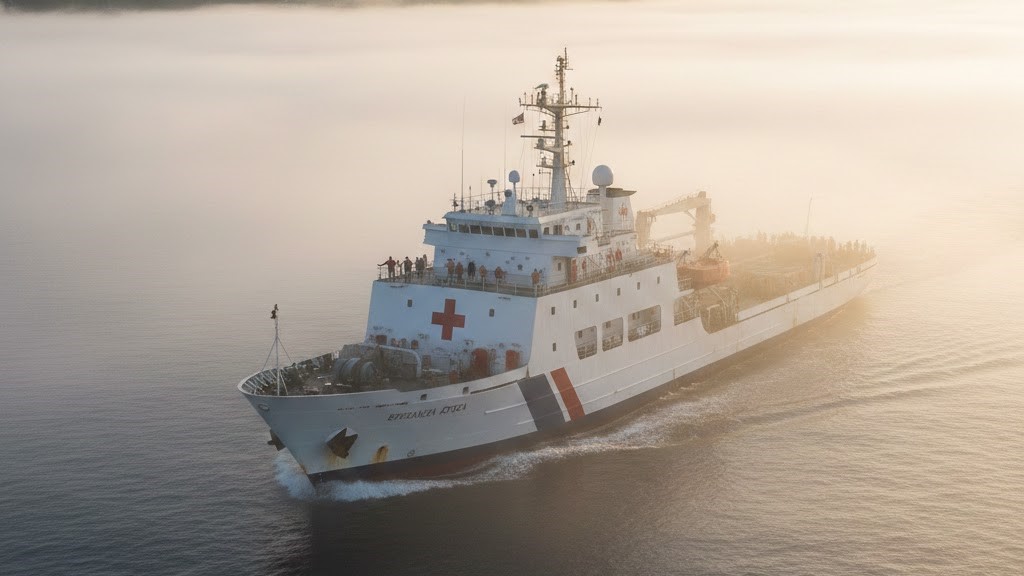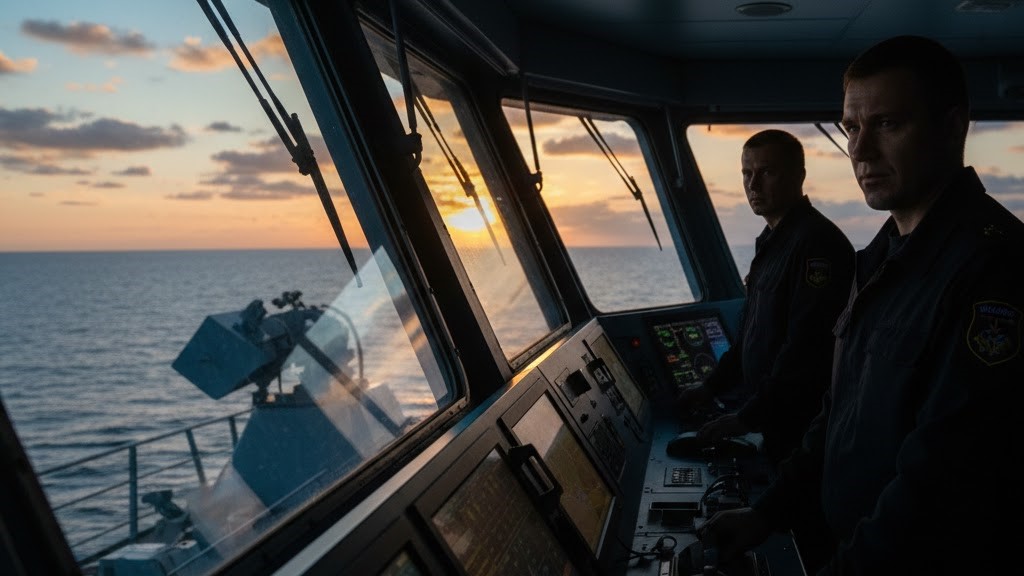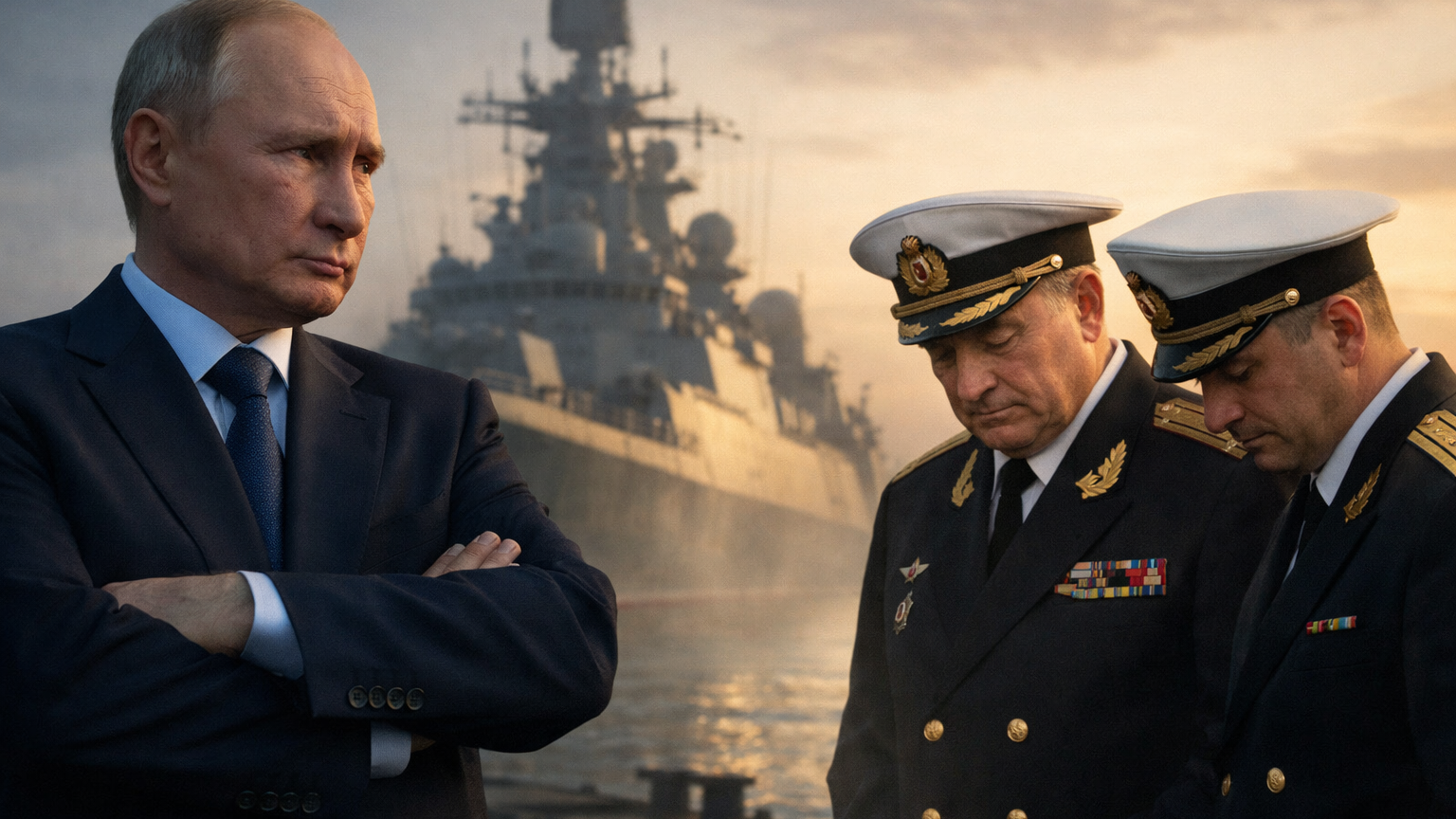The United States has entered a moment that looks less like routine politics and more like the opening chapter of a constitutional thriller: the Supreme Court says "reverse it," and the president says "no."
Tragedy in Kakheti: What Happened to the Turkish C-130 over Georgia?
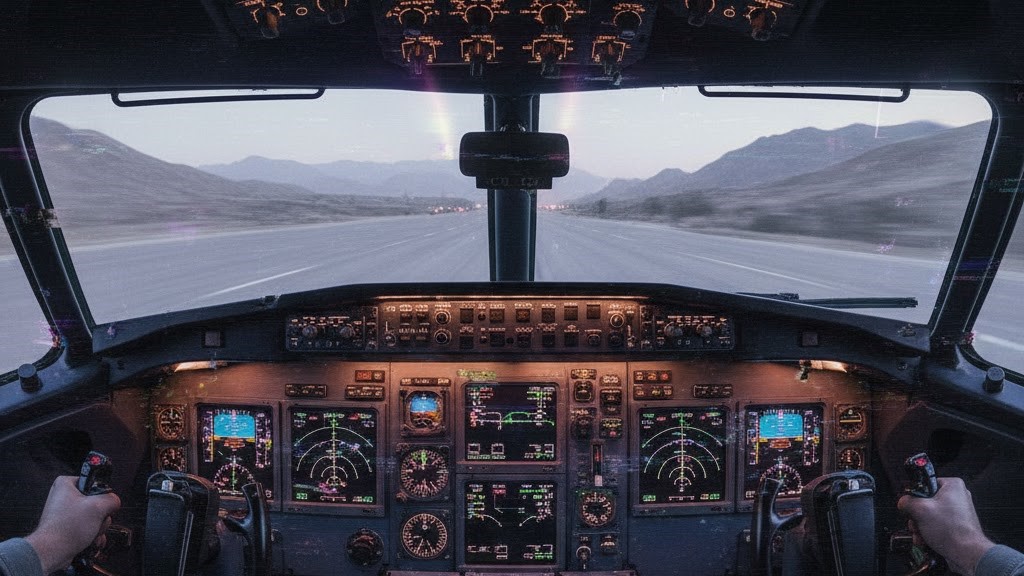
November 11 became a dark day for the Turkish Air Force. A C-130 "Hercules" military transport aircraft crashed in eastern Georgia, near the town of Sighnaghi — just a few kilometers from the Azerbaijani border. All twenty people on board perished.
The flight
was routine: the aircraft was returning from Ganja (Azerbaijan) to Turkey after
taking part in a Victory Day parade.
Everything seemed normal — until the plane disappeared
from radar less than thirty minutes after entering Georgian airspace.
There was no distress signal. No call for help.
Whatever happened — it happened instantly.
📍 What We Know So Far
Rescue teams
found debris scattered across more than two kilometers. That alone suggests the
aircraft broke apart mid-air. The tail
section was found far from the fuselage.
The flight recorder was recovered and handed over to investigators.
Experts note: destruction in the air points to either a structural failure or external impact. For now, there is no evidence of an external strike.
The aircraft was old — built in 1968. Previously operated in Saudi Arabia, it was transferred to Turkey in 2010. Its last major overhaul was in 2020. Despite upgrades, age remained a critical factor.
🔍 What Could Have Caused It?
Preliminary
reports suggest that the tail section may have
detached during flight.
Witness videos show a flaming object spiraling down — but notably, no signs of fire before ground impact.
Weather conditions were good: clear skies, light winds.
The Turkish Ministry of Defense confirmed the aircraft was not carrying munitions, and no malfunctions were reported before takeoff.
Former
military pilots point to metal fatigue,
especially in the tail section — one of the most stressed parts of the aircraft
during turbulence or heavy loads.
And yes, the C-130 is a legendary workhorse. But even legends age.
🧳 What Was On Board?
Besides
military personnel, there were also technical
specialists who had been inspecting Azerbaijani military equipment.
Some reports suggest the plane carried demonstration
gear from the parade — possibly adding weight and stress to the frame.
An uneven
load in the cargo bay combined with aging structure?
It's a scenario investigators are seriously considering.
📡 Radio Interference?
Georgian
sources mention brief radio interference
minutes before the crash.
Unconfirmed for now — but being investigated.
If proven, it could point to a power failure or
electrical short, affecting navigation or control systems.
🚫 Was It Shot Down?
Some media
speculated about a possible air defense incident,
hinting at Azerbaijan.
But Baku officially denied this, saying no launches or tracking signals were recorded.
Georgian investigators confirmed:
No external damage, no shrapnel, no burn marks
on the wreckage.
That rules out a missile strike.
For now, all political versions remain speculation. The focus is on technical causes.
🛠️ What Happens Next?
Lockheed
Martin, the aircraft's manufacturer, has offered technical assistance.
The Turkish Ministry of Defense has already ordered a
full inspection of all C-130s currently in service.
This tragedy may also accelerate plans to modernize
Turkey's aging transport fleet.
🕯️ Final Thoughts
The crash in
Kakheti is a painful reminder:
Even the most trusted machines — after decades of faithful service — can fail.
Whether it
was age, stress, a hidden defect, or an invisible chain of small issues —
it took just one moment when the sky stopped forgiving.
Now it's up
to the investigators and engineers.
Their findings won't just explain the past —
they'll shape the future of military aviation safety across the region.
Подписывайтесь на канал, ставьте лайки, комментируйте.
The Persian Gulf at Boiling Point
Why the U.S., Iran, Russia and China Are Quietly Moving Toward the Same Line**
The Gulf of Oman has become the center of a global geopolitical convergence. Within a single operational theater, fleets from Russia, China, Iran, the United States, the European Union, and the departing United Kingdom now operate side by side. In quieter times, the arrival of just one major vessel would dominate international headlines. Today, the...
When global politics seems predictable and drained of surprises, Alexander Lukashenko steps in and rewrites the script.
Mexico Quietly Breaks the U.S. Blockade Narrative on Cuba — and Washington Didn’t See It Coming
Mexico Quietly Breaks the U.S. Blockade Narrative on Cuba — and Washington Didn't See It Coming
Strategic Reserve Seized: Why Hidden Cash Stashes Are Becoming a New State Resource
When One Statement Backfires: How Zelensky’s Words Echoed Into Hungary’s €90 Billion Block
In politics, words rarely disappear. They linger, especially when spoken at the wrong time, in the wrong tone, or aimed at the wrong person. Today, Ukraine finds itself entangled in a crisis that is not solely economic or geopolitical — but partially linguistic. A single remark made years ago by President Volodymyr Zelensky now appears to have...
The Strait of Hormuz has once again become a fault line where global tensions concentrate. The same narrow passage connecting the Persian Gulf with the Gulf of Oman is now a space where the world's major powers quietly reposition themselves — and this time, the shift arrived earlier than Washington expected.
When Dmitry Peskov quietly stated that Russia remains interested in restoring economic cooperation with the United States, many analysts rushed to frame it as a "turn to the West." But that interpretation misses the real target of the message. The remark came at a moment when The Economist circulated an explosive estimate: removing U.S. sanctions...
When Social Support Turns Into a System
Repressions in the Navy? Or a System Reset: What Stands Behind the High-Profile Sentences
A number rarely appears in the news without consequences: 592 million rubles.


